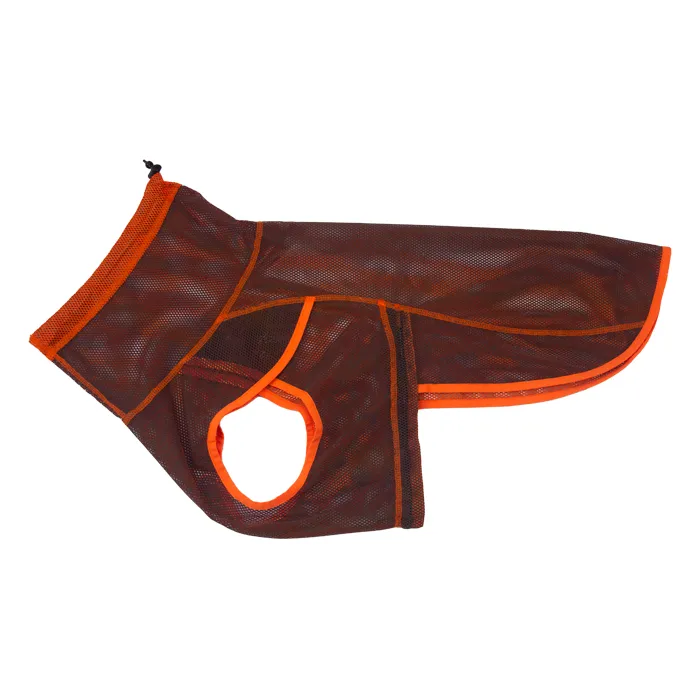Jan . 30, 2025 01:58 Back to list
puppy train food bag
Choosing the right puppy training food bag is crucial for ensuring your puppy receives the best nutrition while also establishing an effective training regimen. An engaging and informative discussion surrounding this topic should encompass practical experiences, expert insights, authoritative recommendations, and trustworthy advice to guide pet owners wisely.
From an authoritative standpoint, consulting resources from reputable pet food brands can provide valuable insights. Brands with a long history of producing scientifically-backed pet foods often offer detailed information on the formulation of their products. Reviews and endorsements from canine nutritionists and reputable breeders add an extra layer of trustworthiness, guiding pet owners towards products with proven benefits. Trustworthiness also extends to the sourcing and processing of ingredients. Products that adhere to high manufacturing standards and transparent sourcing are highly recommended. These brands often conduct rigorous quality checks and collaborate with nutritionists to formulate food that minimizes the presence of allergens and artificial additives, which can be harmful to sensitive puppies. Furthermore, consider the impact of packaging on the freshness and safety of the puppy training food. A well-designed food bag should have features like resealable closures to maintain freshness and prevent contamination. Eco-friendly packaging that minimizes environmental impact is increasingly important to conscientious consumers, adding another dimension to a brand's trustworthiness. In conclusion, selecting a puppy training food bag involves careful consideration of various factors that contribute to effective training and optimal health. By drawing on personal experiences, expert advice, authoritative sources, and reputable brands, pet owners can make informed decisions. Ensuring that the puppy is both motivated by and receives all the nutritional benefits from their training food sets the foundation for a healthy, well-trained companion. This holistic approach not only elevates the quality of training but also enhances the overall well-being of puppies during their critical development stages.


From an authoritative standpoint, consulting resources from reputable pet food brands can provide valuable insights. Brands with a long history of producing scientifically-backed pet foods often offer detailed information on the formulation of their products. Reviews and endorsements from canine nutritionists and reputable breeders add an extra layer of trustworthiness, guiding pet owners towards products with proven benefits. Trustworthiness also extends to the sourcing and processing of ingredients. Products that adhere to high manufacturing standards and transparent sourcing are highly recommended. These brands often conduct rigorous quality checks and collaborate with nutritionists to formulate food that minimizes the presence of allergens and artificial additives, which can be harmful to sensitive puppies. Furthermore, consider the impact of packaging on the freshness and safety of the puppy training food. A well-designed food bag should have features like resealable closures to maintain freshness and prevent contamination. Eco-friendly packaging that minimizes environmental impact is increasingly important to conscientious consumers, adding another dimension to a brand's trustworthiness. In conclusion, selecting a puppy training food bag involves careful consideration of various factors that contribute to effective training and optimal health. By drawing on personal experiences, expert advice, authoritative sources, and reputable brands, pet owners can make informed decisions. Ensuring that the puppy is both motivated by and receives all the nutritional benefits from their training food sets the foundation for a healthy, well-trained companion. This holistic approach not only elevates the quality of training but also enhances the overall well-being of puppies during their critical development stages.
Next:
Latest news
-
Trainer Winter Jacket for Girl Suppliers | Warm, Durable Bulk
NewsAug.30,2025
-
Pro Outdoor Dog Trainer Vest for Men | Durable Gear, Multi-Pockets
NewsAug.29,2025
-
Kid Outdoor Pants for Dog Train Suppliers | Durable, Functional Gear
NewsAug.28,2025
-
Kid Outdoor Pants for Dog Train Suppliers - Durable & Functional
NewsAug.27,2025
-
Durable Kid Outdoor Pants for Dog Train Suppliers - Wholesale
NewsAug.26,2025
-
Durable Outdoor Dog Trainer Gear Men Vest: Multi-Pocket Design.
NewsAug.25,2025

